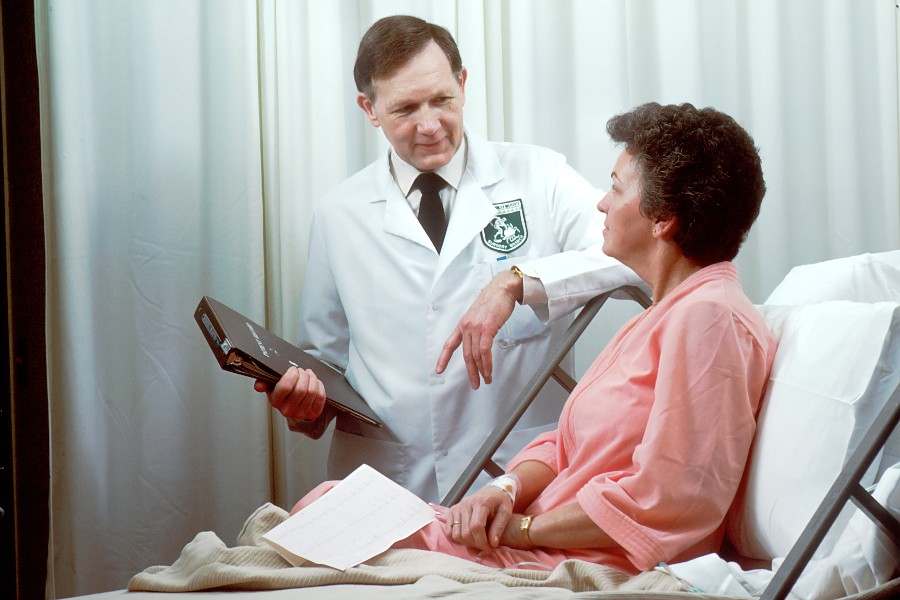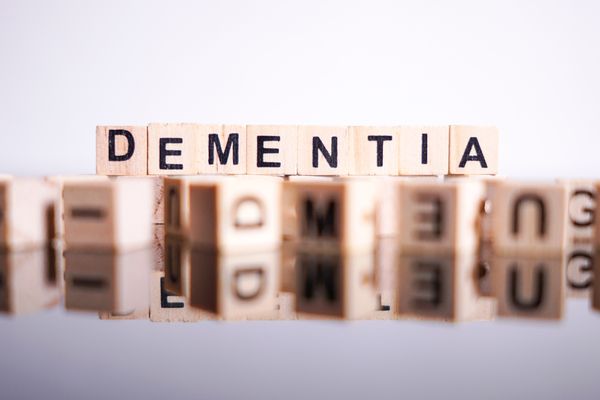Health
Lung Cancer: Symptoms And Treatment Options
If lung cancer is suspected, the doctor examines the patient and reviews the patient's history for risk factors and the results of physical tests, imaging, and/or biopsies of the lung tissue. Imaging tests X-rays, computed tomography, magnetic resonance imaging, or PET scans can reveal areas of the lung tissue with cancer. If the cancer has been spread, imaging tests can also show changes in bones and other organs. Health professionals estimate the size and spread of the cancer, whether it affects the lymph nodes or whether it has spread to other places.
People with non-small cell lung cancer can be treated with surgery, chemotherapy, radiation therapy, targeted therapy, or a combination of these treatments. Lung cancer treatment options include surgery, radiation therapy, chemotherapy, and targeted therapy. Treatment options and recommendations depend on several factors, including the type and stage of cancer, possible side effects, patient preference, and overall health.
Speak to your healthcare provider about possible treatment options, treatment goals, and possible risks and side effects. It would help if you also considered whether cancer can be surgically removed and your overall health. The goal of treatment may be to cure you, control cancer, or help relieve problems caused by cancer.
Treatment options for patients with brain metastatic lung cancer may include:
Whole brain radiation therapy (WBRT).
Surgical resection.
Stereotactic radiosurgery (SRS).
Systemic therapy and radiosensitization.
A combination of these different therapies.
Patients with stage I or II lung cancer who are unable or unwilling to undergo surgery may receive radiotherapy, such as stereotactic ablation radiotherapy (SABR) or stereotactic body radiotherapy (SBRT). If the tumor and lymph nodes can be removed without leaving cancer, and the side effects and complications of surgery are expected to be low, then surgery may be the choice for some patients with stage III NSCLC. After the doctor removes any cancer that may be found during the operation, some patients may receive chemotherapy or radiation therapy after the operation to kill any remaining cancer cells.
Treatment given after surgery to reduce the risk of cancer returning is called adjuvant therapy. This treatment provides very high doses of radiation therapy to lung cancer patients who are not candidates for surgery. Today, many patients with small, localized lung cancers who are not candidates for surgery receive a type of radiation therapy called stereotactic radiation therapy (SBRT). For very selective patients with small tumors, for whom surgery is undesirable or unsafe, radiosurgery using very high doses of precisely focused radiation targeting only small tumors in the lung is an effective option.
Chemotherapy can also be used before surgery to help shrink the tumor and make it easier to remove. Some chemotherapy drugs increase the damage that radiation therapy does to cancer cells. Others keep cancer cells at a stage where they are more susceptible to radiation therapy, or interfere with the ability of cancer cells to heal themselves after radiation therapy.
But complementary and alternative therapies can often be combined with the help of a doctor to relieve signs and symptoms. Treatment can focus on symptom relief or therapeutic strategies. You can also get palliative treatments similar to those used to get rid of cancer, such as chemotherapy, surgery, or radiation therapy. You can still choose palliative care that focuses on treating cancer symptoms rather than the cancer itself.
Your treatment plan also includes treating symptoms and side effects, which are an important part of cancer treatment. It is imperative that the patient first discusses all treatment options such as lung cancer surgery, lung cancer surgery, and possible side effects with the medical team. If the disease worsens, the treatment plan may be changed based on recommendations for this type of metastatic cancer.









